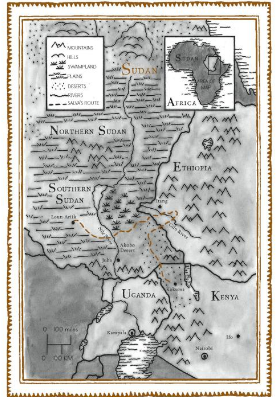Announcements and Reminders:
↠ Study your sentence diagramming guide if you haven't yet mastered the sentences on the quizzes we have been taking.
↠ Use your magical study guide to help you learn the word parts you will be tested on.
↠If you have not finished your magical study guide or had it checked off, quietly complete the assignment during reading time.
↠If you haven't finished your preposition manipulative, quietly finish it during individual reading time.
↠Book of the Month: Historical Fiction Multicultural Fiction (Make sure your book is NOT on the DO NOT Read List.
Sign-Ups were due January 26/27
|
Targets for Today:
Students will compare an historical fiction account with a nonfiction account of the same event or period of time. Students will better understand how sentences work, so they can better comprehend what they read and more effectively communicate in writing. Students will learn Greek and Latin word parts commonly used in English, so they can unlock more unknown words and better understand words that may already be familiar. |
If You Were Absent:
See above.
|
Vocabulary:
|




